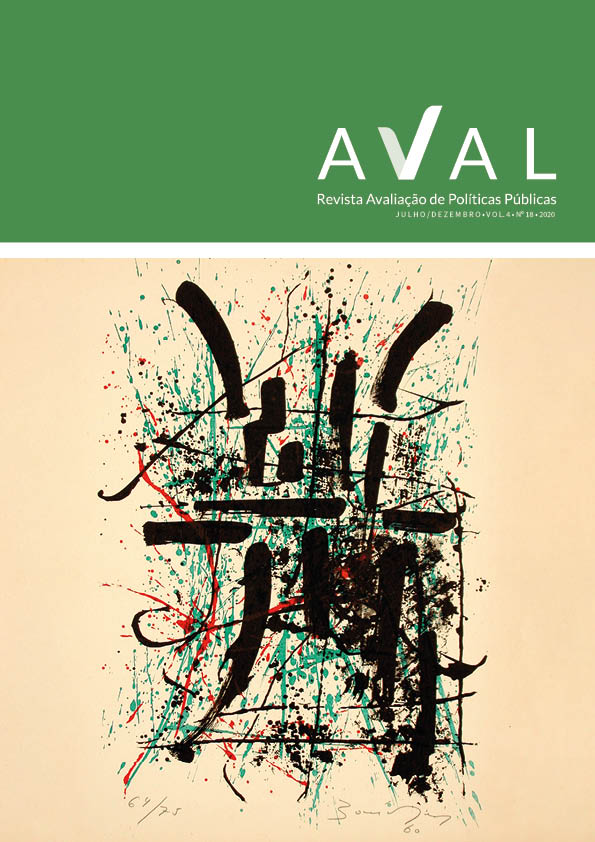Evaluation of Social Programs in a systemic, plural and progressive perspective
concepts, typologies and stages
Keywords:
Program Evaluation, Evaluation techniques, Research stagesAbstract
The evaluation of policies and programs has historically developed as a techno-scientific field linked to the pace and demands of qualified information for Public Policies. In Latin America, this development is much more recent than in the context of central countries, having occurred in the last 30 to 40 years. More recently, in the past 15 years, there have been proposed more multidisciplinary (in the interpretation of social issues), eclectic (in research methodologies) and plural (in values and evaluation criteria) views in conducting Policy Assessments, programs and projects in the region . This text seeks to contribute to the strengthening of this counter-hegemonic technopolitical field of Evaluation, by systematizing concepts and techniques from the practical experience of conducting assessments aimed at subsidizing directly the management of public policies and programs in Brazil. In different sections, concepts, types of evaluation and the various steps for specifying an evaluative study are presented.


